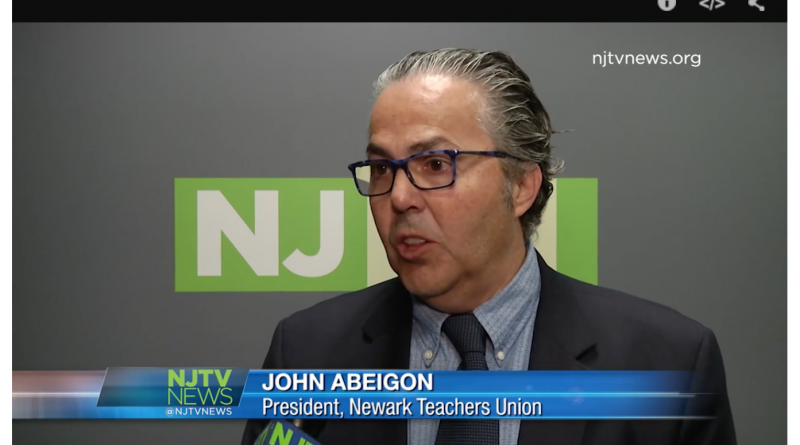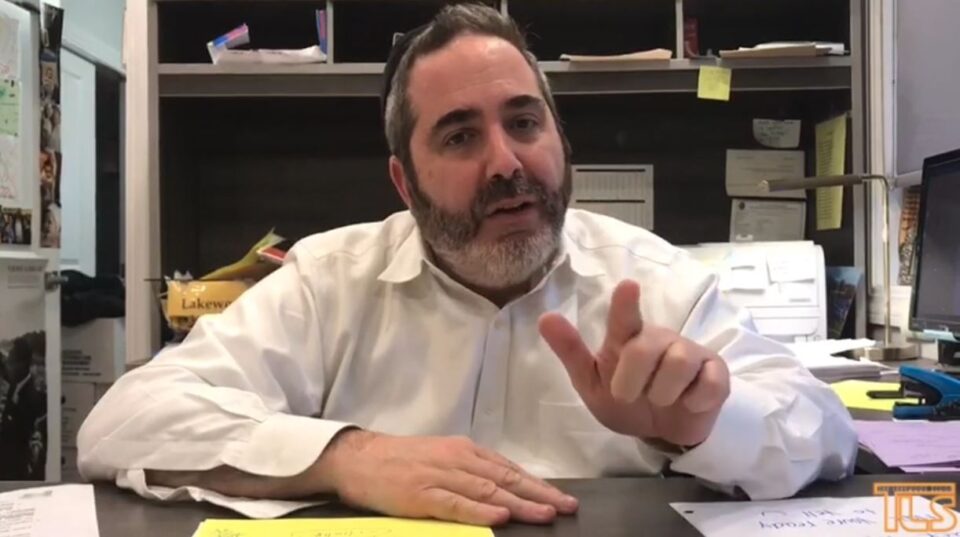Analysis of Opt-Out Data in New York State
June 22, 2015Newark Superintendent Cami Anderson Resigns, Effective July 8th
June 22, 2015How N.J. Lies to Students About College and Career Readiness: A Story
This article in South Jersey Magazine is two years old, but it could have been written today. Here, journalist Jayne Jacova Feld profiles a young woman named Rebecca Basenfelder, who graduated from Shawnee High School, part of Lenape Public School district in a suburb of Burlington County, and proudly headed off to Burlington County College. There she discovered herself woefully unprepared for college-level work.
Shawnee High is, according to the N.J. Department of Education’s School Performance Report, a fine school in a middle-class town. (The median household income in Medford, where Shawnee is located, is $83,059 and the median income for a family is $97,135.) The school is strikingly homogeneous: almost all white, with only 6.3% of students qualifying for free or reduced lunch. Test scores look great, with just about every student achieving proficiency or advanced proficiency on N.J.’s non-Common Core-aligned assessment called the High School Proficiency Assessment. The school meets every NCLB target.
Yet here’s Rebecca Basenfelder, one of Shawnee’s proud graduates who, upon arrival at Burlington County College, flunked both the English and math portions of Accuplacer (the college placement test) and spent her entire first year “taking non-credit bearing remedial classes, relearning math she vaguely remembered from middle school and brushing up on her rusty writing skills.” It wasn’t until her second year that she qualified to take college-level coursework.
Ms. Basenfelder (who eventually graduated from BCC) is far from atypical. The article notes that “although New Jersey has the highest high school graduation rate in the nation, “a distressingly high percentage of those who do graduate are unprepared for college or careers, according to a recent report issued by a NJ Department of Education task force.” In fact, 70% of N.J. high school graduates who go on to community colleges require at least one remedial course. Students at four-year colleges come better prepared, but about 32% of students still require remedial work.
And this is not just a Jersey problem: “Nationwide, about 40 percent of all first-year college students require remedial lessons before they can enroll in credit-bearing courses, according to the Alliance for Excellent Education, a Washington, D.C.-based policy and advocacy group.”
The repercussions of this lack of alignment between junior and senior course content and assessment and college-level work are harsh: higher college costs, as students pay for non-credit courses in order to shore themselves up for college demands, and higher drop-out rates. (Students who take remedial courses are more likely to drop out),
Rebecca Basenfelder graduated from Shawnee High School under the pretense that her secondary studies had prepared her for college. They didn’t, and this must have been a shock to her and her family. She graduated under false pretenses.
Amidst all the hue and cry about “toxic testing” and “federal overreach” regarding Common Core and assessments, the true stories about students like Ms. Basenfelder get lost. Her high school coursework, to her great surprise, was inadequate. The high school assessments she took, pre-PARCC, painted a deceptive picture of her college and career readiness.
We lied to her and her family.
In this sense, the motivation behind higher-level standards and assessments is simply this: honesty. We’ve been keeping a secret from students and parents about the inadequate nature of traditional standards and assessments. The Basenfelder’s story tells the truth. Those who deny the validity of her story might as well be denying climate change. The truth will out. Here, it does.





1 Comment
The usual nonsense about the 70% remediation rate. But the facts are as follows:
https://docs.google.com/a/rowan.edu/file/d/0B85WmKENp4dSU2E0WHl6VUN1bWs/edit?pli=1